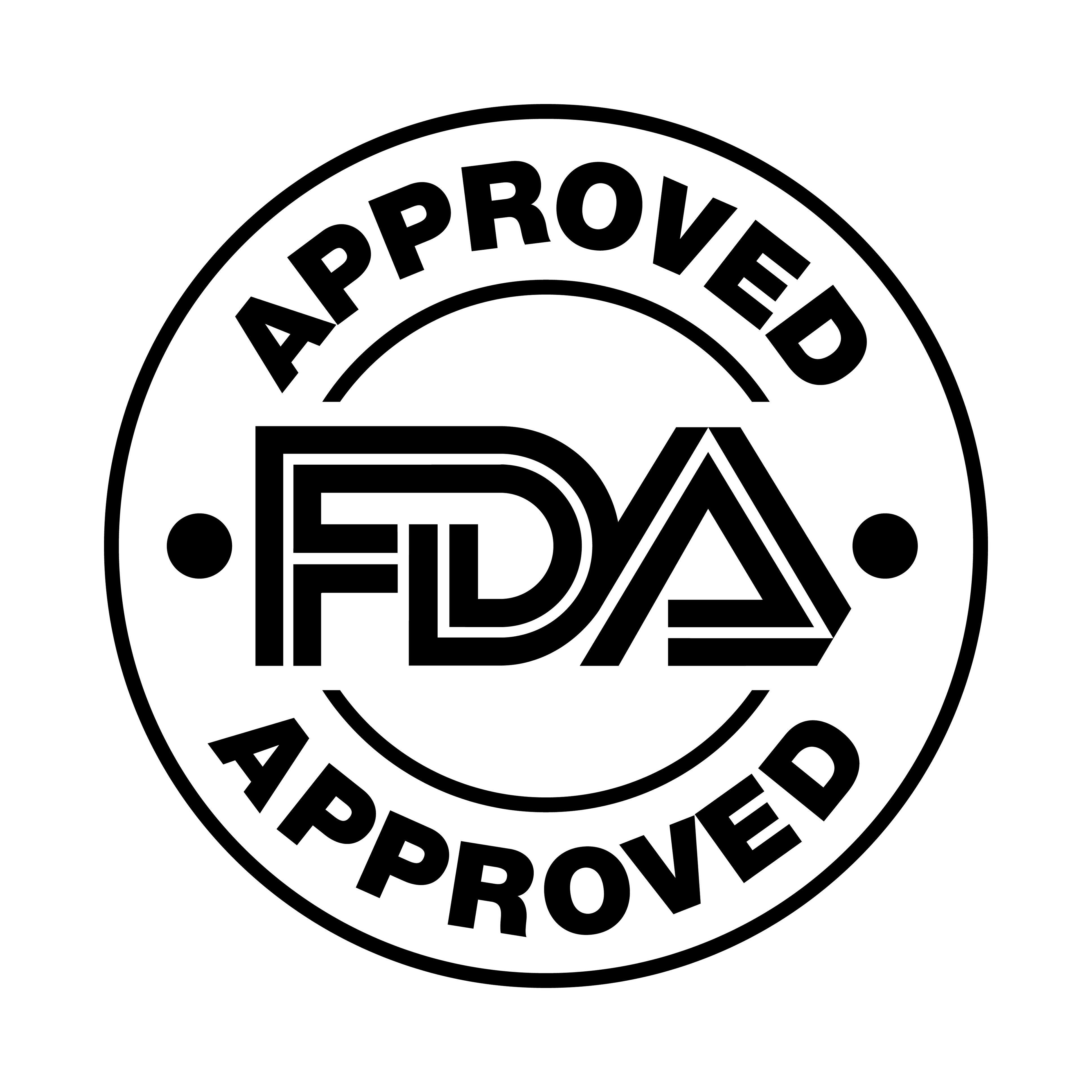FDA expands use of eculizumab to patients 6 years and up with generalized myasthenia gravis
First approved for PNH in 2007, the monoclonal antibody is now the first and only treatment for pediatric patients living with gMG.
FDA expands use of eculizumab to patients 6 years and up with generalized myasthenia gravis | Image Credit: © Calin - © Calin - stock.adobe.com.

The indicated, FDA-approved use for eculizumab (Soliris; Alexion and AstraZeneca) has been expanded to include pediatric patients aged 6 years and older with generalized myasthenia gravis (gMG) who are anti-acetylcholine receptor (AChR) antibody positive, according to an updated prescribing information document from Alexion, and our sister publication Neurology Live.1,2
The expanded approval makes the monoclonal antibody the first and only treatment for pediatric patients with disease, a chronic neuromuscular one that results in weakness in the voluntary muscles.3
The onset of the autoimmune disease can be sudden and symptoms may not be immediately recognized as gMG, according to the National Institute of Neurological Disorders and Stroke.3
The expanded approval to include the pediatric population of 6 years and up was supported by evidence from a trial in adults, in addition to pharmacokinetic (PK) and safety data in pediatric gMG patients 12 years and older, as well as PK data in other populations, including those aged at least 6 years to younger than 12 years of age.1
"In a 26-week, single-arm study of 11 pediatric patients with gMG 12 to 17 years of age, adverse reactions were consistent with those observed in adults living with the disease," reported Neurology Live.1
The monoclonal antibody is administered via intravenous infusion only over 1 to 4 hours in pediatric patients from gravity feed, syringe-type pump, or infusion pump, according to Alexion.2
"If an adverse reaction occurs during the administration of SOLIRIS, the infusion may be slowed or stopped at the discretion of the physician. If the infusion is slowed, the total infusion time should not exceed two hours in adults. Monitor the patient for at least one hour following completion of the infusion for signs or symptoms of an infusion-related reaction," according to publicly-available prescribing information.2
Eculizumab binds to the complement protein C5 specifically, with high affinity, "thereby inhibiting its cleavage to C5a and C5b and preventing the generation of the terminal complement complex C5b-9."2
Eculizumab carries a boxed warning for serious meningococcal infections, which reads as follows, per Alexion's prescribing information for eculizumab2:
"SOLIRIS, a complement inhibitor, increases the risk of serious infections caused by Neisseria meningitidis [see Warnings and Precautions (5.1)]. Life-threatening and fatal meningococcal infections have occurred in patients treated with complement inhibitors. These infections may become rapidly life-threatening or fatal if not recognized and treated early."
• "Complete or update vaccination for meningococcal bacteria (for serogroups A, C, W, Y, and B) at least 2 weeks prior to the first dose of SOLIRIS, unless the risks of delaying therapy with SOLIRIS outweigh the risk of developing a serious infection. Comply with the most current Advisory Committee on Immunization Practices (ACIP) recommendations for vaccinations against meningococcal bacteria in patients receiving a complement inhibitor. See Warnings and Precautions (5.1) for additional guidance on the management of the risk of serious infections caused by meningococcal bacteria."
• "Patients receiving SOLIRIS are at increased risk for invasive disease caused by Neisseria meningitidis, even if they develop antibodies following vaccination. Monitor patients for early signs and symptoms of serious meningococcal infections and evaluate immediately if infection is suspected. Because of the risk of serious meningococcal infections, SOLIRIS is available only through a restricted program under a Risk Evaluation and Mitigation Strategy (REMS) called ULTOMIRIS and SOLIRIS REMS [see Warnings and Precautions (5.2)]."
Additional warnings and precautions include an administration warning among patients with any other systemic infection and the monitoring of patients during infusion, interrupt for reactions, and institute appropriate supportive measures.2
Eculizumab is contraindicated for initiation among patients with unresolved serious Neisseria meningitidis infection.2
References:
1. Meglio M. FDA Approves Expanded Use of Eculizumab for Pediatric Myasthenia Gravis. Neurology Live. March 4, 2025. Accessed March 4, 2025. https://www.neurologylive.com/view/fda-approves-expanded-use-eculizumab-pediatric-myasthenia-gravis
2. Highlights of Prescribing Information. Alexion. https://alexion.us/-/media/alexion_global/documents/regulatory/north-america/usa/2024/english/soliris_uspi.pdf
3. Myasthenia gravis. National Institute of Neurological Disorders and Stroke. Accessed March 4, 2025. https://www.ninds.nih.gov/health-information/disorders/myasthenia-gravis